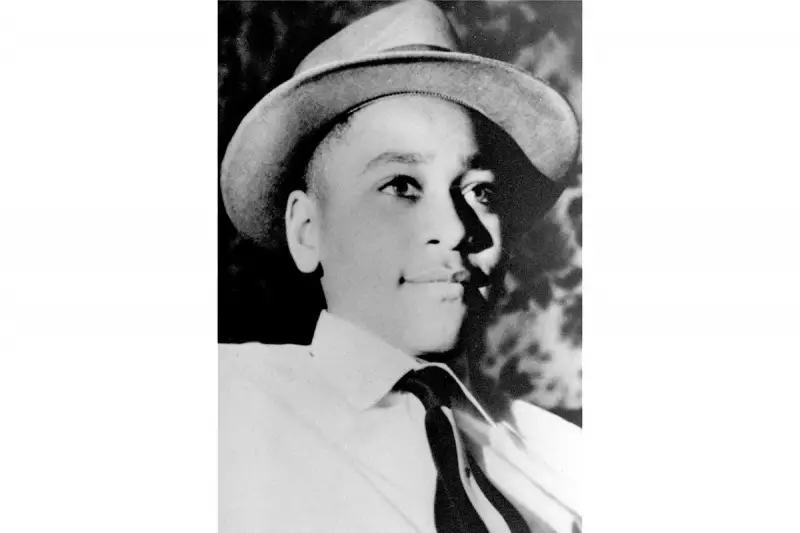
The barn in Mississippi where 14-year-old Emmett Till was brutally tortured and murdered is set to be transformed into a permanent memorial site, with plans to open to the public by 2030.
A Sacred Site for Healing and Remembrance
The Emmett Till Interpretive Center announced the purchase of the rural barn outside Drew, Mississippi, late on Sunday. The acquisition was made possible by a $1.5 million donation from renowned television producer and writer Shonda Rhimes.
Patrick Weems, the Executive Director of the ETIC, stated, "We think that where the worst harms have happened, the most healing is possible." The centre intends to open the barn as a "sacred" memorial site ahead of the 75th anniversary of Till's 1955 lynching.
Confronting a Dark Chapter in American History
Emmett Till, a teenager from Chicago, was abducted from his great-uncle's home on 28 August 1955. This horrific act occurred after he was accused of whistling at a white woman in a grocery store. He was taken to the barn, where he was tortured and killed. His body was later discovered in the Tallahatchie River.
The subsequent open-casket funeral, insisted upon by his mother Mamie Till-Mobley, exposed the brutality of the crime to the world and became a pivotal moment for the Civil Rights movement.
Two white men, Roy Bryant and J.W. Milam, were acquitted by an all-white jury but later publicly confessed to the murder. A 2021 Justice Department report confirmed that at least one other, unnamed person was involved in the abduction. Experts who have studied the case believe the number of participants could range from six to over fourteen.
Ensuring Safety and Preserving Memory
Given the history of vandalism targeting sites related to Emmett Till, the centre is taking significant security measures. The barn will be under 24-hour surveillance, equipped with floodlights and security cameras. Weems described these as necessary precautions.
This concern is well-founded. A historical marker erected where Till's body was found has been repeatedly attacked. The first was stolen and thrown into the river in 2008, the second was shot more than 100 times by 2014, and its 2018 replacement was shot at another 35 times. It has since been replaced with what Weems confirms is the country's only bulletproof historical marker.
Weems also noted the profound symbolism of the purchase date, which fell on the birthday of Till's mother, Mamie Till-Mobley, who became a formidable civil rights activist following her son's murder and passed away in 2003.
By opening this site, the ETIC hopes to compel the public to confront difficult questions about America's past and present. Weems asks, "Have we done enough? Is there justice yet? Has our society moved in the direction of human rights so that this sort of thing never happens?"





